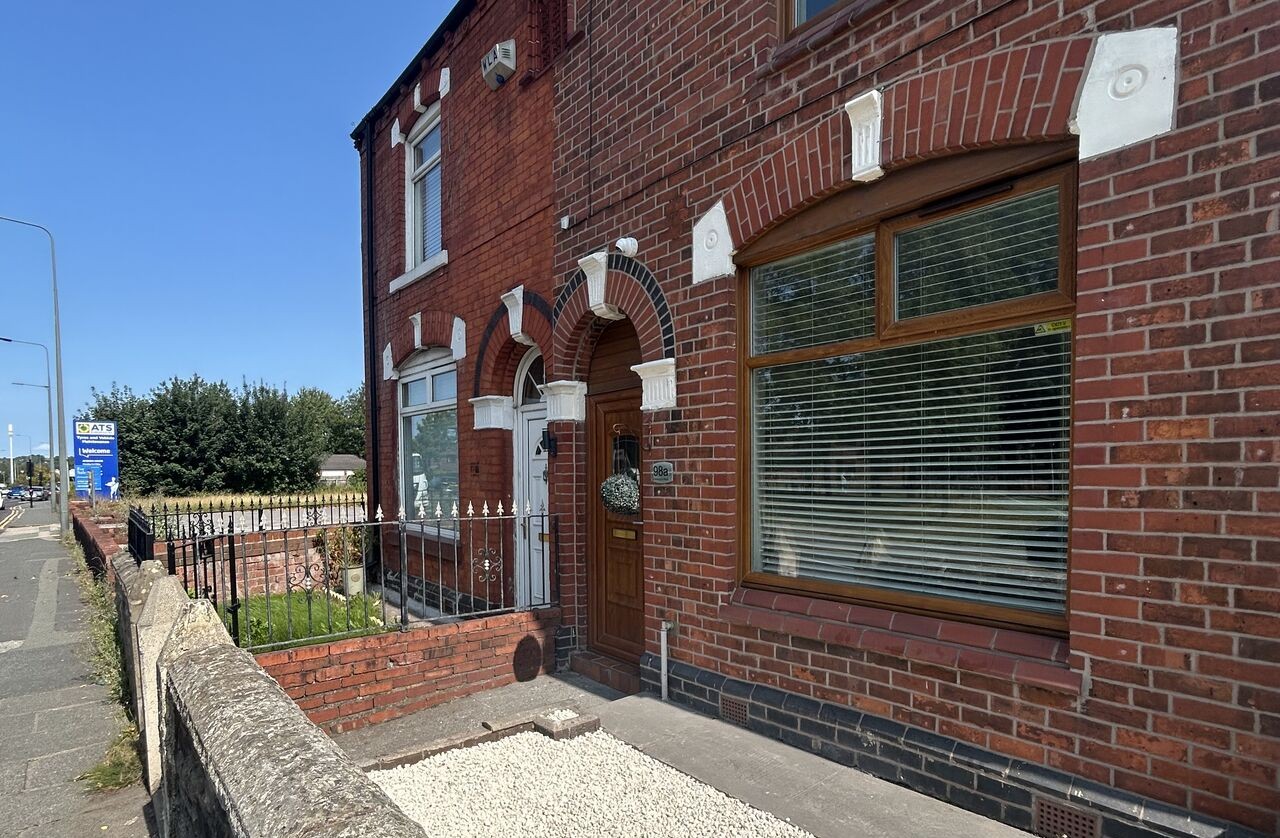
Licensing reforms in supported Housing – raising standards without losing sight of the bigger picture
The government’s recent consultation on licensing reforms for supported housing has sparked urgent conversation across the sector, and rightly so. At Blueprint Housing and Investments, we welcome efforts to raise standards, tackle rogue landlords and bring greater oversight to a system that’s vital to so many vulnerable individuals.
As the National Housing Federation recently warned, these reforms “would likely reduce the provision of supported housing further,” highlighting the real risk that well-intentioned regulation could unintentionally shrink an already stretched sector.
Why blanket licensing risks destabilising supported housing
Poor-quality, exploitative housing must go – no debate. But councils in Bolton, Salford, Oldham and Wigan already have a strong sense of who those operators are. Licensing should be targeted removing rogue providers with care and planning, not rolled out in a way that risks destabilising providers who are doing the right thing.
Additionally, tenants in supported housing are often some of the most vulnerable people in our communities. Any transition away from poor-quality providers must include a clear plan for these individuals, not just regulatory enforcement.
Each scheme deserves individual assessment
Supported and assisted living isn’t one-size-fits-all. Whether run by a charity, housing association, or private provider, every scheme should be carefully assessed based on its risk, need and true value for money. This kind of housing is inherently more expensive by design because it combines physical infrastructure with essential human support, helping people live with dignity and, ultimately, independence.
The conversation around “value for money” often overlooks what happens when supported housing is lost. If new regulations make schemes financially unviable, vulnerable individuals risk being displaced to emergency accommodation, hospitals, or, worse, the streets. These outcomes are not only devastating for the people involved but also far more costly for local services.
The smarter, more sustainable approach is to invest in housing that delivers long-term value: safe, dignified homes that reduce pressure on health and emergency systems, promote independence, and foster community stability.
Raising standards through innovation
At Blueprint, we believe better housing and better support can go hand in hand if we work smart. That’s why we’re designing homes that integrate SMART features to make it easier for providers to deliver high-quality care. From remote monitoring to adaptive environments, technology can help reduce costs and increase safety, without compromising on dignity.
Our homes feature energy-efficient heating systems, solar power integration, improved insulation and advanced water management – all supporting our mission to reduce carbon emissions and fuel poverty in supported housing
Our recent projects across Preston, Chorley and Greater Manchester set a new standard for safe, energy-efficient homes. Learn how we’re improving tenant wellbeing and supporting local authorities in creating lasting, low-carbon housing solutions.
Crucially, we’re doing this while working to keep rents aligned, as near as we can, to Local Housing Allowance (LHA) rates. We know affordability is just as important as quality.
Building a stronger future for supported housing
Reform is inevitable and it’s essential that it leads to growth, not contraction. To truly improve supported housing, we need to think holistically, act with precision and invest where it matters most: in the people who depend on these services and in the providers who make them possible.
At Blueprint, our commitment goes beyond bricks and mortar. We’re investing in people, building sustainable communities and championing a low-carbon future that benefits everyone.
Want to learn more about how we’re supporting the future of supported housing? Contact us.
While Bolton is our base, we’re equally committed to supporting housing solutions for clients in the wider Northwest, Midlands and Yorkshire.



